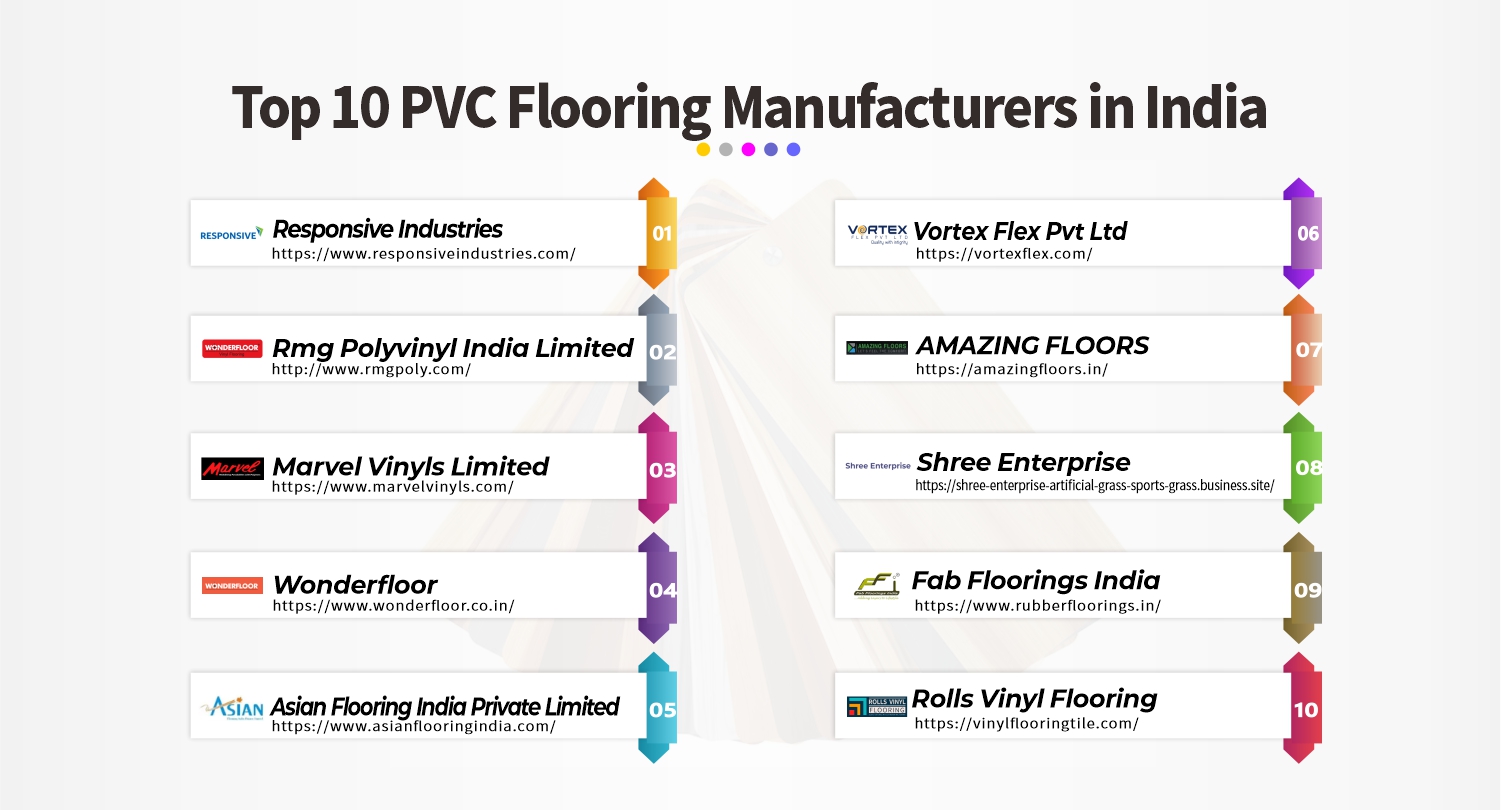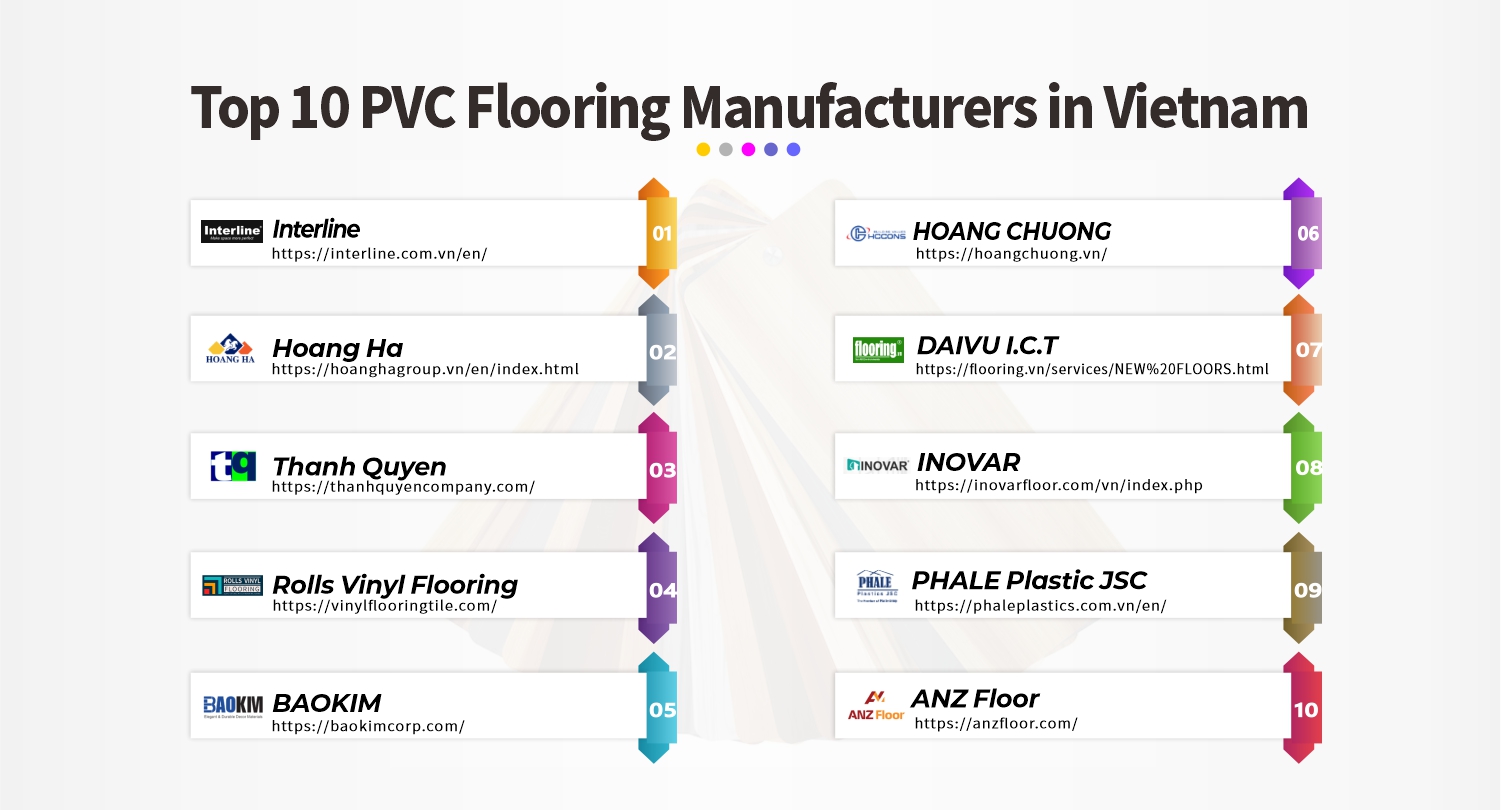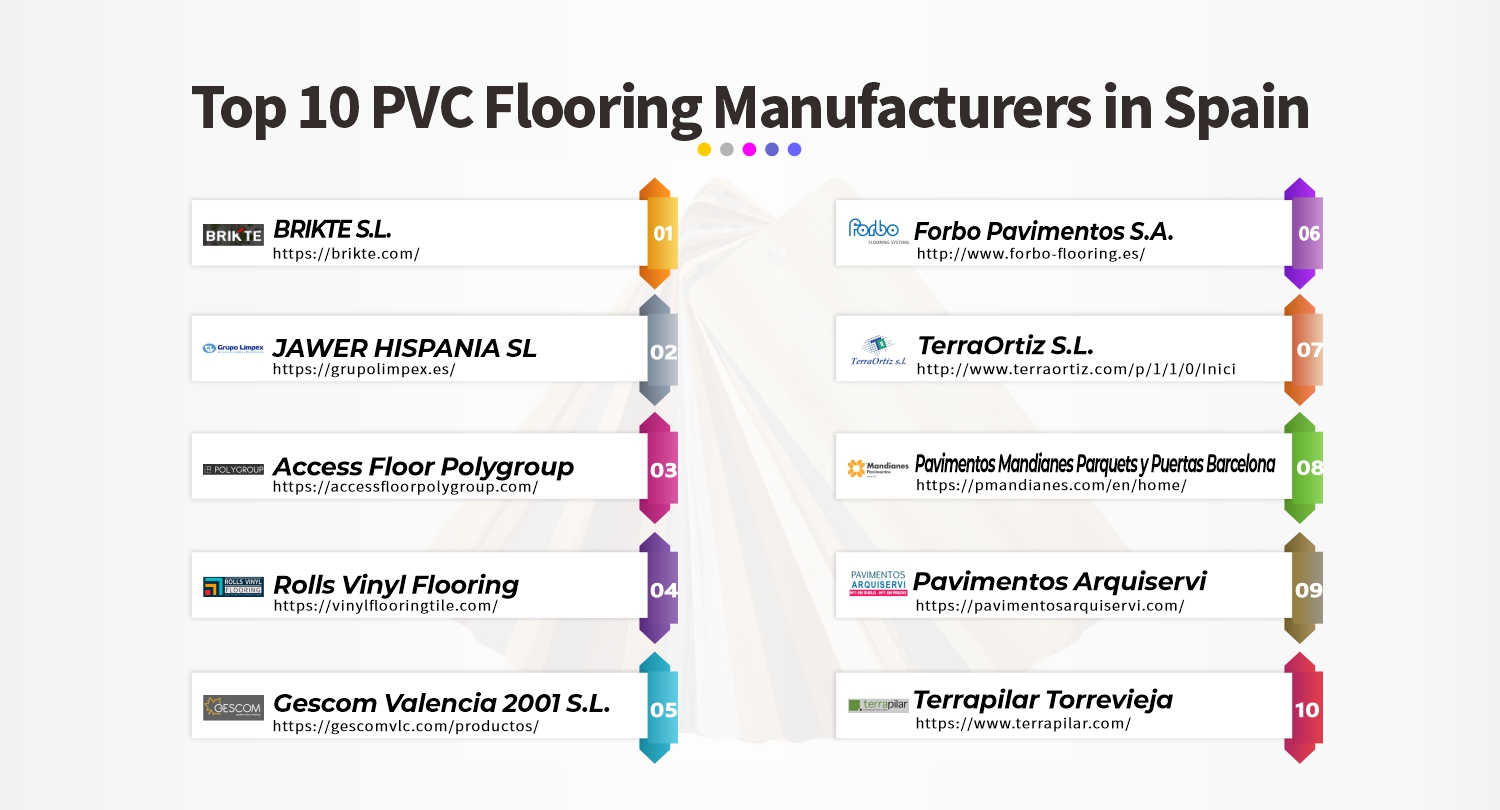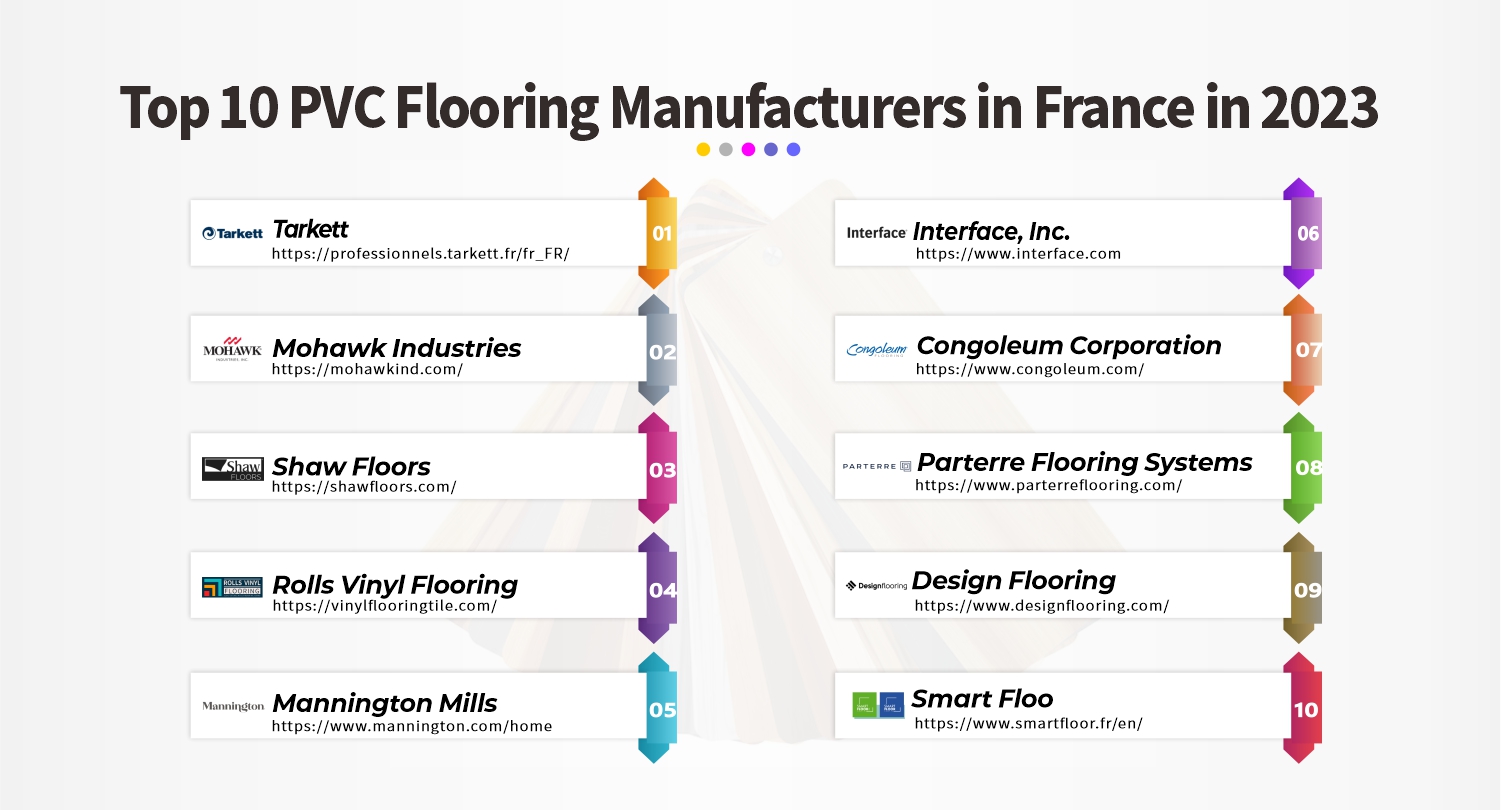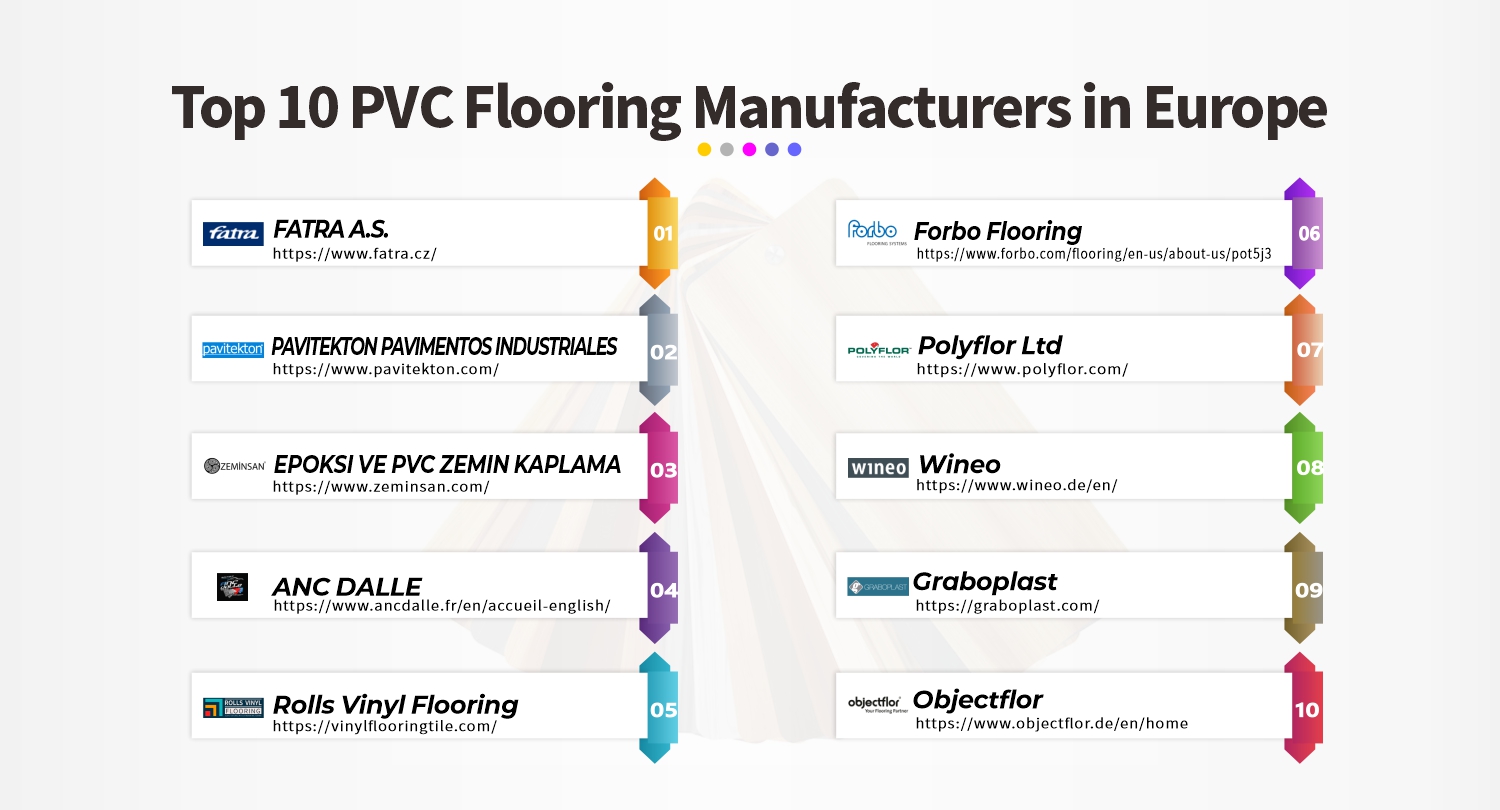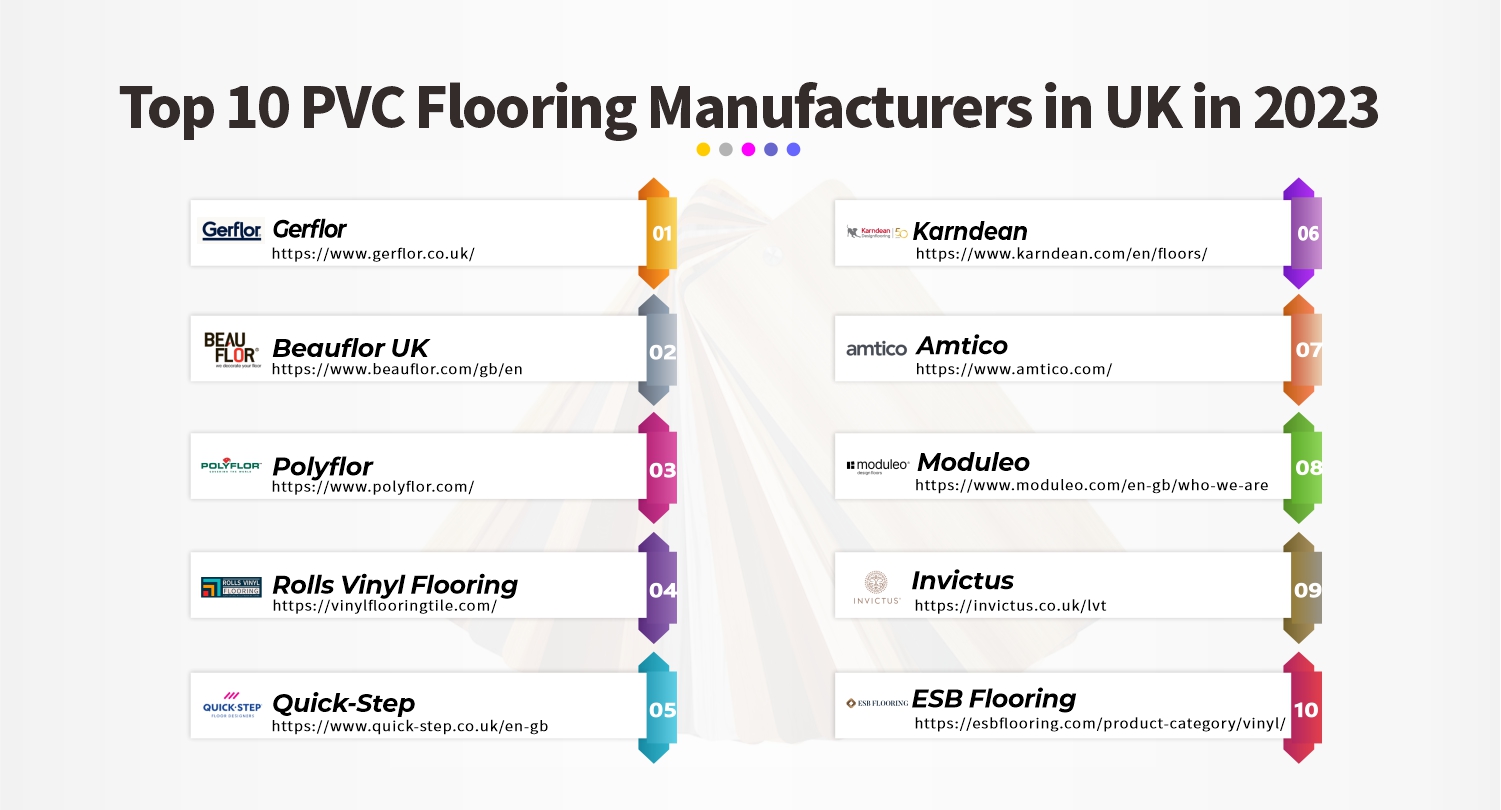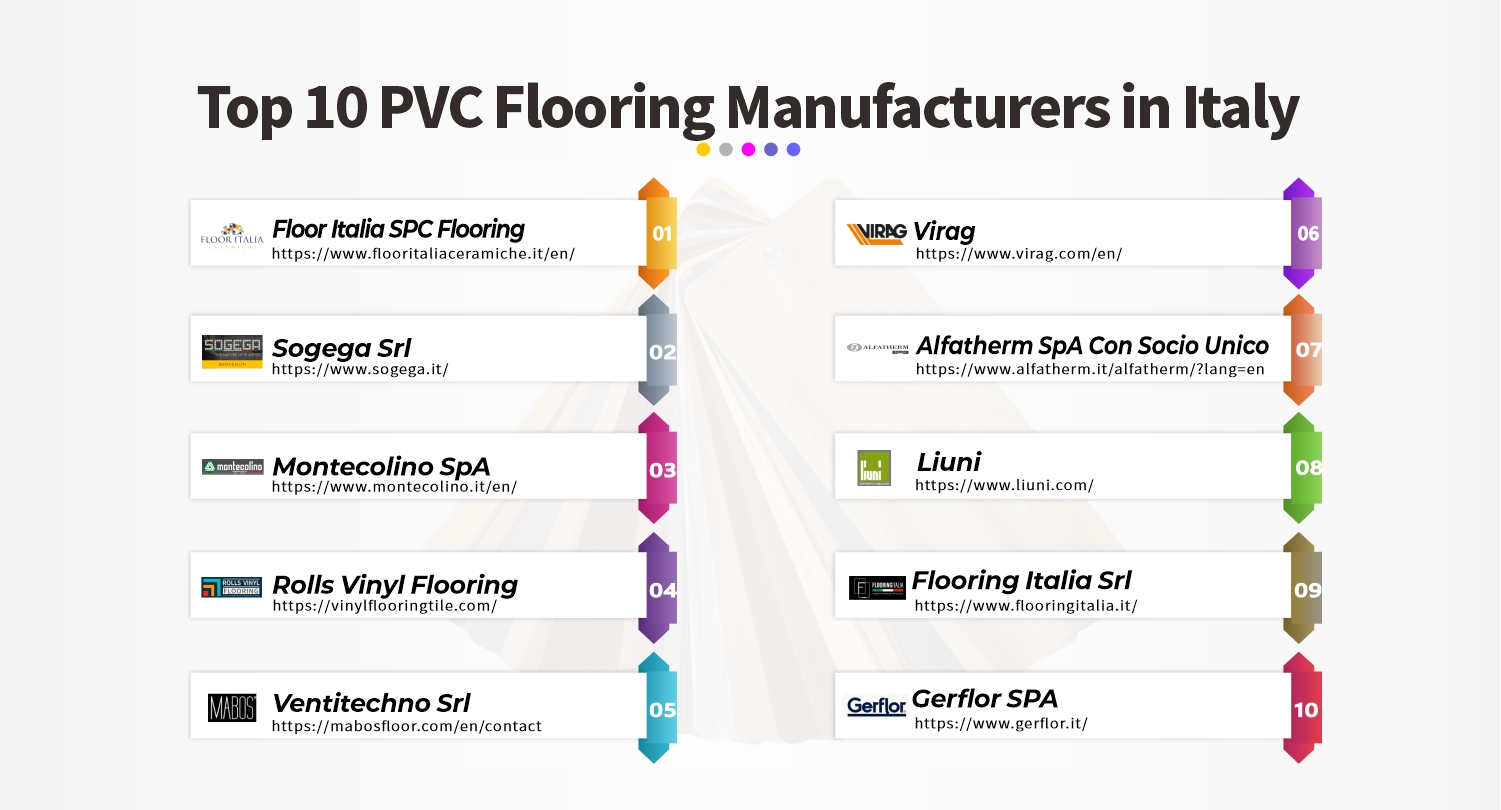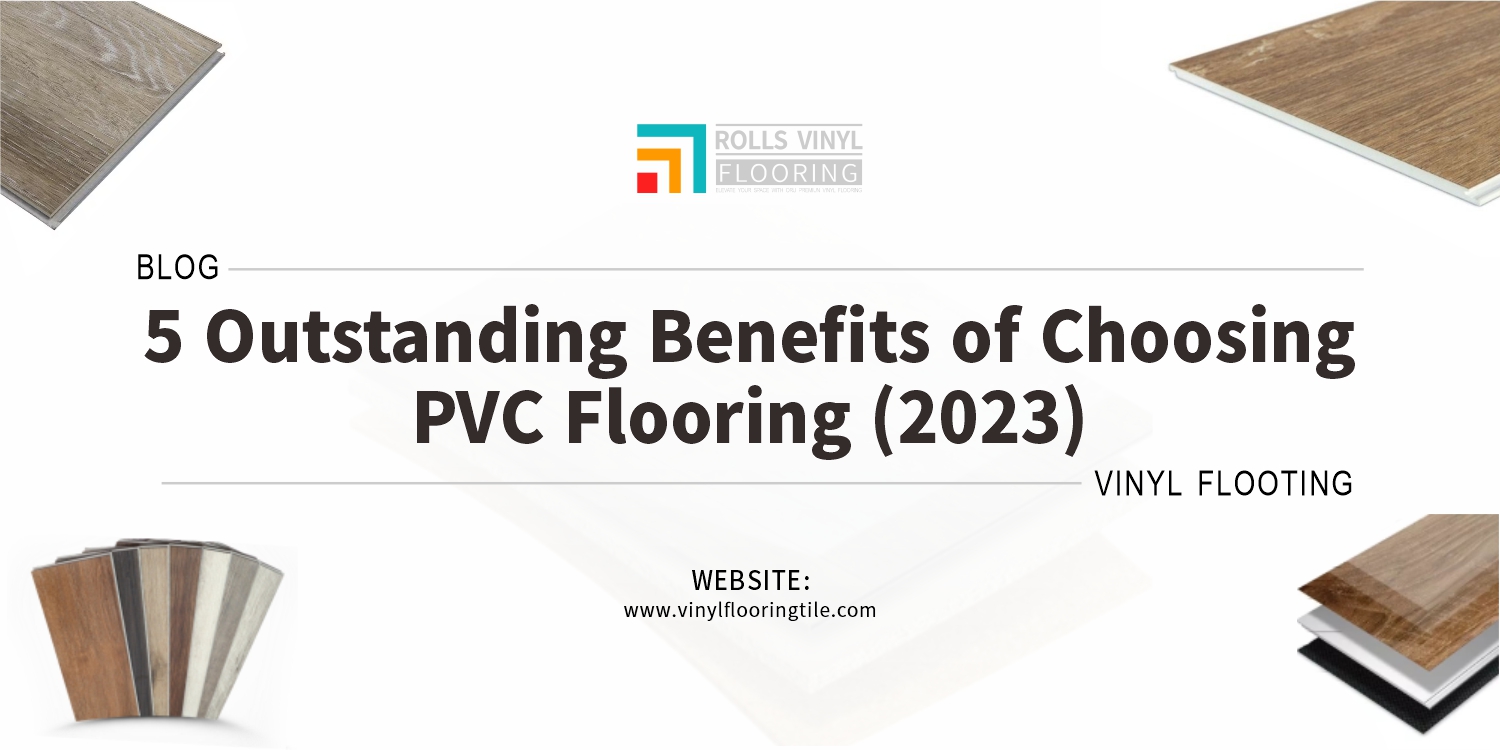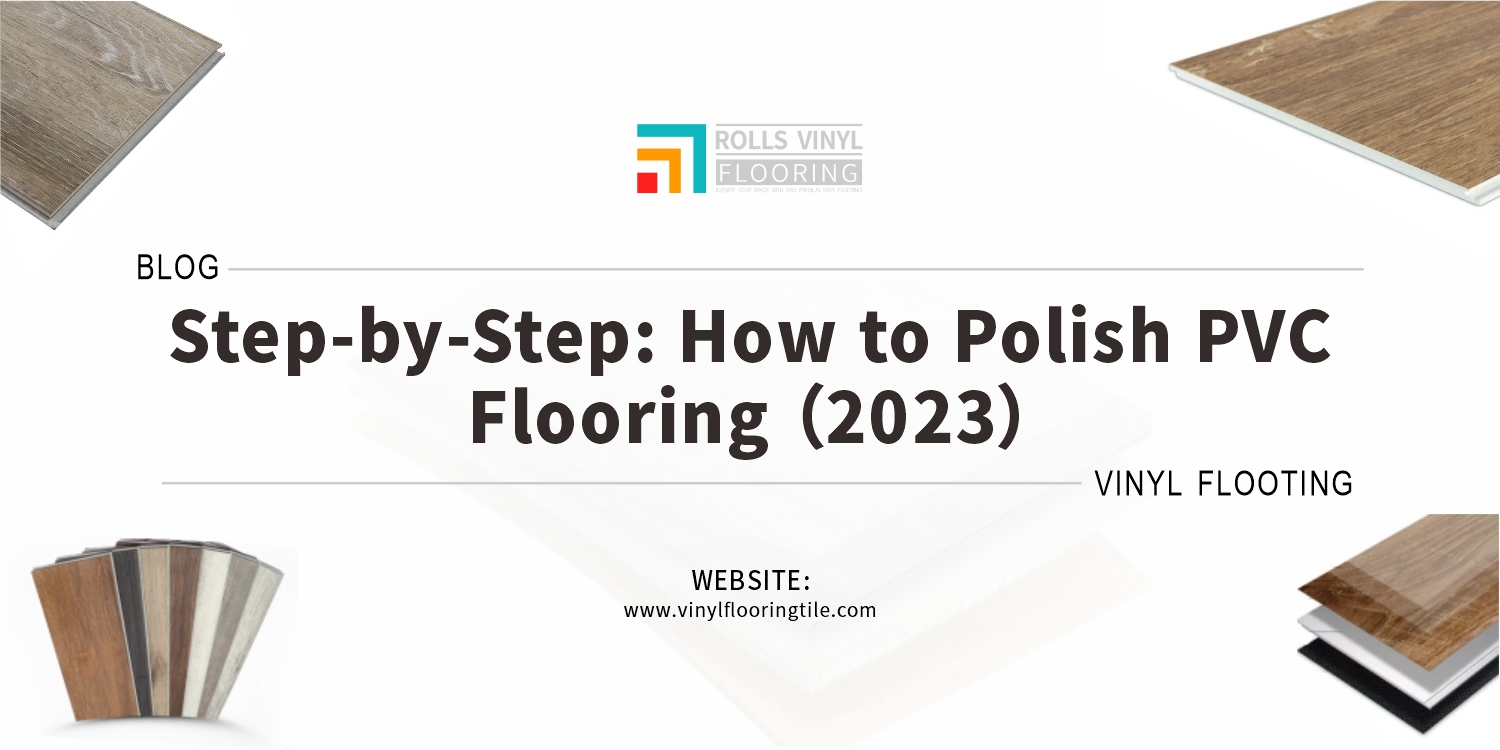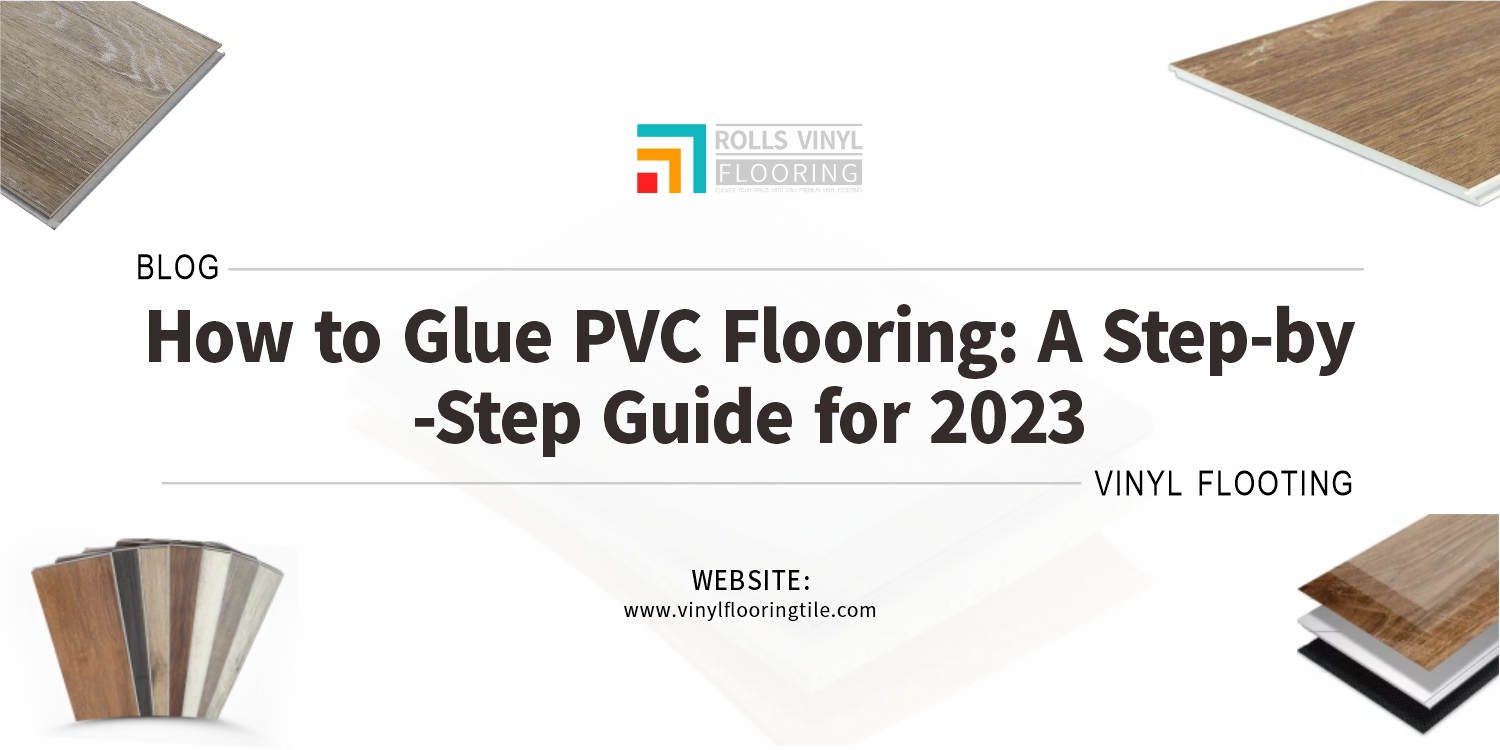When it comes to building a basketball court, one of the most critical decisions is selecting the right flooring. The basketball court floor plays a crucial role in the safety, performance, and overall experience of players. Whether you’re constructing a court for a school, recreational facility, or even a backyard, it’s essential to consider various factors before making your choice.
Considerations in Choosing the Perfect Flooring for Your Basketball Court:
- Safety and Performance
- Types of Basketball Court Flooring: Hardwood and Synthetic flooring
- Considerations for Specific Settings
- Budget Considerations
- Consultation and Expert Advice
This comprehensive guide will walk you through the key considerations and options available, helping you make an informed decision.
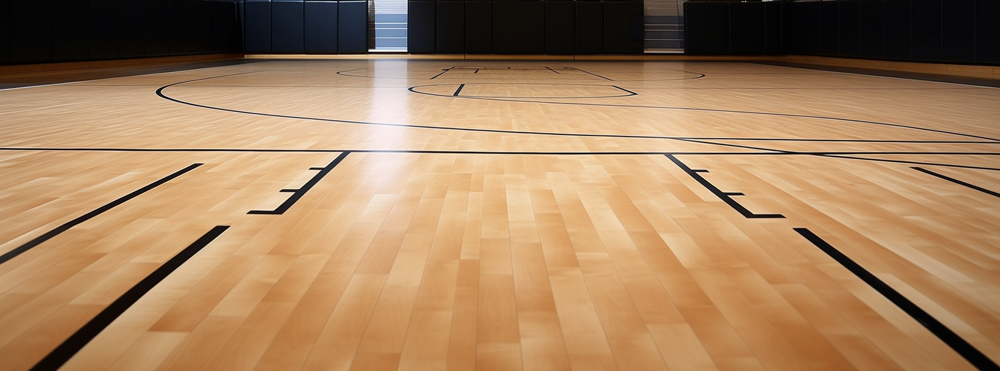
Factors to Consider When Selecting a Basketball Court Floor
Safety and performance are paramount when it comes to basketball court flooring. Consider the following factors:
- Shock absorption and impact attenuation: The floor should provide sufficient shock absorption to reduce the risk of injuries and provide a comfortable playing surface.
- Traction and slip resistance: A good basketball court floor should offer adequate traction to prevent slips and falls, ensuring players can move and change directions quickly.
- Surface hardness and resilience: The floor should have the right balance of hardness and resilience to allow for optimal ball bounce and player movement while minimizing the risk of joint stress.
- Durability and resistance to wear and tear: Basketball courts endure heavy foot traffic and constant action, so the flooring should be durable and able to withstand intense use without showing signs of wear and tear.
- Noise reduction and acoustic properties: Consider the impact of noise on the overall playing experience and choose a floor that minimizes noise levels, providing a more enjoyable environment for players and spectators.

Types of Basketball Court Flooring
There are two primary types of basketball court flooring: hardwood and synthetic. Each type has its advantages and disadvantages.
A. Hardwood Flooring
Advantages of Hardwood Flooring:
- Traditional and preferred choice: Hardwood floors have long been the preferred surface for basketball courts due to their natural feel and excellent playing characteristics.
- Excellent ball bounce and player movement: Hardwood offers consistent ball bounce and player response, allowing for precise footwork and accurate gameplay.
- Durable and long-lasting: When properly maintained, hardwood floors can last for decades, making them a sound investment for long-term use.
Disadvantages of Hardwood Flooring:
- High initial cost: Hardwood flooring can be expensive to install compared to synthetic options, primarily due to the quality and craftsmanship required.
- Requires regular maintenance: Hardwood floors need regular refinishing, sanding, and sealing to maintain their appearance and performance.
- Sensitive to moisture and temperature changes: Hardwood is susceptible to moisture damage and can expand or contract with temperature fluctuations, requiring careful climate control.
B. Synthetic Flooring
Advantages of Synthetic Flooring:
- Versatile and customizable: Synthetic floors offer a wide range of customization options, including different colors, patterns, and graphics, allowing you to personalize the court to your preference.
- Lower maintenance requirements: Synthetic floors typically require less maintenance than hardwood, with options that are easy to clean and maintain.
- Suitable for multi-purpose use: Synthetic floors can accommodate various activities, making them suitable for multi-purpose courts that may host other sports or events.
Disadvantages of Synthetic Flooring:
- Ball bounce may vary compared to hardwood: Synthetic surfaces may have slightly different ball bounce characteristics compared to hardwood, which can affect gameplay.
- Less traditional feel: Synthetic floors may lack the traditional and natural feel of hardwood, which some players and coaches prefer.
- Lifespan may be shorter than hardwood: Depending on the quality and usage, synthetic floors may not last as long as hardwood, requiring replacement sooner.
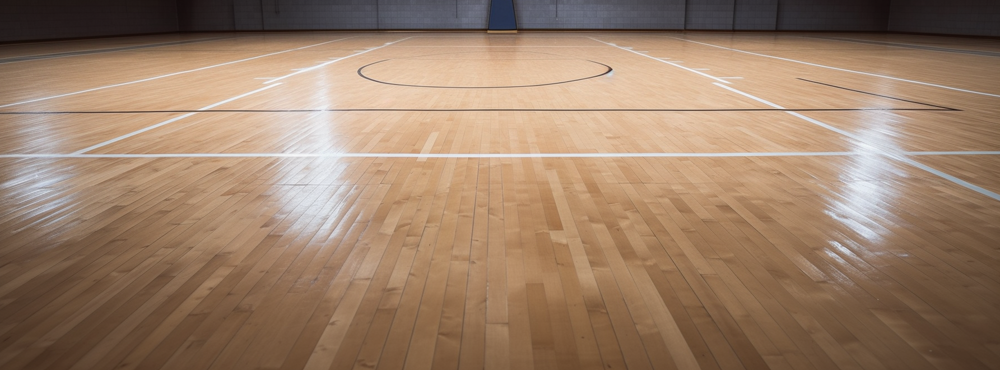
Considerations for Specific Settings
Different settings, such as indoor and outdoor basketball courts, have specific considerations when selecting the flooring.
A. Indoor Basketball Courts
- Importance of climate control: Indoor courts require proper climate control to maintain consistent temperature and humidity levels, ensuring the longevity and performance of hardwood floors.
- Potential impact on flooring choice: Indoor courts provide more flexibility in flooring options due to the controlled environment, allowing for the selection of either hardwood or synthetic flooring based on budget and preferences.
B. Outdoor Basketball Courts
- Weather resistance and UV protection: Outdoor courts are exposed to the elements, including rain, sunlight, and temperature fluctuations. Choose a flooring material that can withstand these conditions and offers UV protection to prevent color fading.
- Material options suitable for outdoor use: Synthetic materials like polypropylene or acrylic are often used for outdoor basketball courts due to their weather resistance, durability, and low maintenance requirements.
Budget Considerations
When selecting basketball court flooring, it’s crucial to consider both upfront costs and long-term expenses.
- Initial installation costs: Hardwood floors tend to have higher installation costs due to the quality and craftsmanship involved. Synthetic flooring options can offer more budget-friendly alternatives.
- Long-term maintenance and replacement expenses: Hardwood floors require regular maintenance, refinishing, and eventual replacement, which should be factored into long-term costs. Synthetic floors may have lower maintenance requirements but may need to be replaced sooner.
- Balancing cost and quality: Consider your budget constraints while also prioritizing safety, performance, and durability to find the best balance between cost and quality.

Consultation and Expert Advice
Seeking professional guidance and recommendations can help ensure you make an informed decision when choosing basketball court flooring.
- Engaging a professional sports flooring contractor: Consult with a reputable sports flooring contractor who specializes in basketball courts. They can assess your specific needs, provide expert advice, and offer suitable flooring options.
- Seeking recommendations from experienced coaches and players: Reach out to experienced basketball coaches and players who have firsthand knowledge of different flooring types. They can offer valuable insights and recommendations based on their experiences.
Conclusion
Selecting the perfect flooring for your basketball court is a significant decision that affects safety, performance, and overall player experience. Consider factors such as safety, performance, durability, maintenance requirements, and budget constraints when evaluating different options. Whether you choose traditional hardwood or versatile synthetic flooring, consulting experts and seeking recommendations can help you make an informed choice. By carefully considering all the factors, you can create a basketball court that provides a safe and enjoyable playing surface for years to come.


